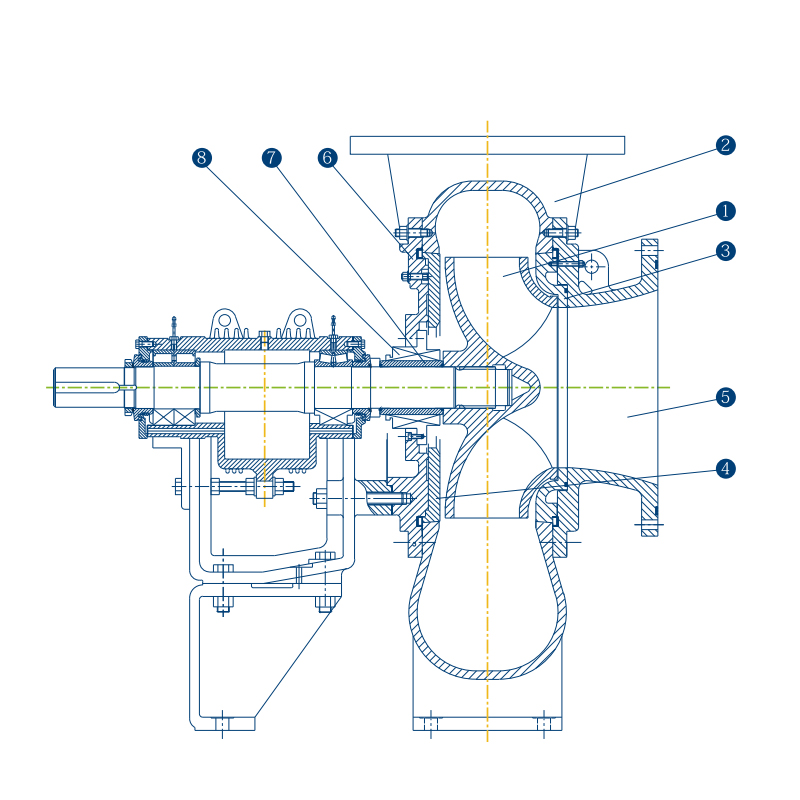English
- Afrikaans
- Albanian
- Amharic
- Arabic
- Armenian
- Azerbaijani
- Basque
- Belarusian
- Bengali
- Bosnian
- Bulgarian
- Catalan
- Cebuano
- Corsican
- Croatian
- Czech
- Danish
- Dutch
- English
- Esperanto
- Estonian
- Finnish
- French
- Frisian
- Galician
- Georgian
- German
- Greek
- Gujarati
- Haitian Creole
- hausa
- hawaiian
- Hebrew
- Hindi
- Miao
- Hungarian
- Icelandic
- igbo
- Indonesian
- irish
- Italian
- Japanese
- Javanese
- Kannada
- kazakh
- Khmer
- Rwandese
- Korean
- Kurdish
- Kyrgyz
- Lao
- Latin
- Latvian
- Lithuanian
- Luxembourgish
- Macedonian
- Malgashi
- Malay
- Malayalam
- Maltese
- Maori
- Marathi
- Mongolian
- Myanmar
- Nepali
- Norwegian
- Norwegian
- Occitan
- Pashto
- Persian
- Polish
- Portuguese
- Punjabi
- Romanian
- Russian
- Samoan
- Scottish Gaelic
- Serbian
- Sesotho
- Shona
- Sindhi
- Sinhala
- Slovak
- Slovenian
- Somali
- Spanish
- Sundanese
- Swahili
- Swedish
- Tagalog
- Tajik
- Tamil
- Tatar
- Telugu
- Thai
- Turkish
- Turkmen
- Ukrainian
- Urdu
- Uighur
- Uzbek
- Vietnamese
- Welsh
- Bantu
- Yiddish
- Yoruba
- Zulu
Telephone: +86 13120555503
Email: frank@cypump.com
Oct . 15, 2024 19:44 Back to list
clean water transfer pump
The Importance of Clean Water Transfer Pumps
In today’s world, the access to clean water is more crucial than ever. With growing populations and industrial demands, the need for efficient water transfer systems has become a priority. Clean water transfer pumps play a fundamental role in ensuring that communities, industries, and farms have access to safe and reliable drinking water.
Clean water transfer pumps are designed specifically to move potable water from one location to another. These pumps are essential in various applications, including municipal water supply systems, agricultural irrigation, and even in emergency situations where water must be quickly moved to areas affected by natural disasters.
One of the standout features of clean water transfer pumps is their efficiency. Modern designs incorporate advanced technology that allows for higher flow rates and energy savings. This is particularly important in regions where power resources may be limited. Electric pumps, for example, can be powered by renewable energy sources like solar or wind, making them versatile and environmentally friendly.
Moreover, the construction of these pumps is critical to their performance. They are typically made from corrosion-resistant materials, ensuring that they can withstand the rigors of water movement without degrading or contaminating the water they transport. This is paramount when considering public health, as any contamination during the transfer process can lead to serious health risks for consumers.
clean water transfer pump

The versatility of clean water transfer pumps extends beyond mere transportation. They can also be integrated with various monitoring technologies to ensure the quality of the water being transferred. Sensors can detect impurities or changes in water quality, enabling immediate responses to prevent potential health hazards. Such innovations are paving the way for smarter water management systems that enhance the safety and availability of potable water.
In agricultural settings, clean water transfer pumps are indispensable for irrigation systems. They help farmers ensure consistent water supply for their crops, directly impacting food production and sustainability. With climate change posing a significant threat to water availability, these pumps contribute greatly to resource management in farming. By efficiently transferring water from rivers, lakes, or reservoirs, farmers can optimize their irrigation practices and improve yields.
In addition to agriculture, these pumps are crucial in emergency response scenarios. In times of flood, when clean water is scarce, transfer pumps can quickly move water from designated clean sources to areas in need. This capability is vital in disaster relief efforts, where the timely provision of clean water can save lives.
Despite their importance, the maintenance of clean water transfer pumps is often overlooked. Regular checks and servicing are essential to ensure they operate at peak efficiency. Neglecting maintenance can lead to failures that compromise water quality and supply, highlighting the need for proper training and resources for those who operate these systems.
In conclusion, clean water transfer pumps are more than just equipment; they are lifelines for communities and ecosystems. As we continue to face challenges related to water accessibility and quality, investing in these technologies will be crucial for the health and sustainability of future generations. By prioritizing clean water infrastructure, we can ensure a healthier, more secure future for all.
-
ISG Series Vertical Pipeline Pump - Chi Yuan Pumps Co., LTD.|High Efficiency, Energy Saving, Low Noise
NewsJul.30,2025
-
ISG Series Vertical Pipeline Pump- Chi Yuan Pumps|High Efficiency&Low Noise
NewsJul.30,2025
-
ISG Series Vertical Pipeline Pump-Chi Yuan Pumps Co., LTD.|High Efficiency&Energy Conservation
NewsJul.30,2025
-
ISG Series Vertical Pipeline Pump - Chi Yuan Pumps Co., LTD.|Advanced Hydraulic Design&Energy-Efficient Solutions
NewsJul.30,2025
-
ISG Series Vertical Pipeline Pump - Chi Yuan Pumps Co., LTD.
NewsJul.30,2025
-
ISG Series Vertical Pipeline Pump - Chi Yuan Pumps Co., LTD.|energy-efficient fluid handling&industrial durability
NewsJul.30,2025










